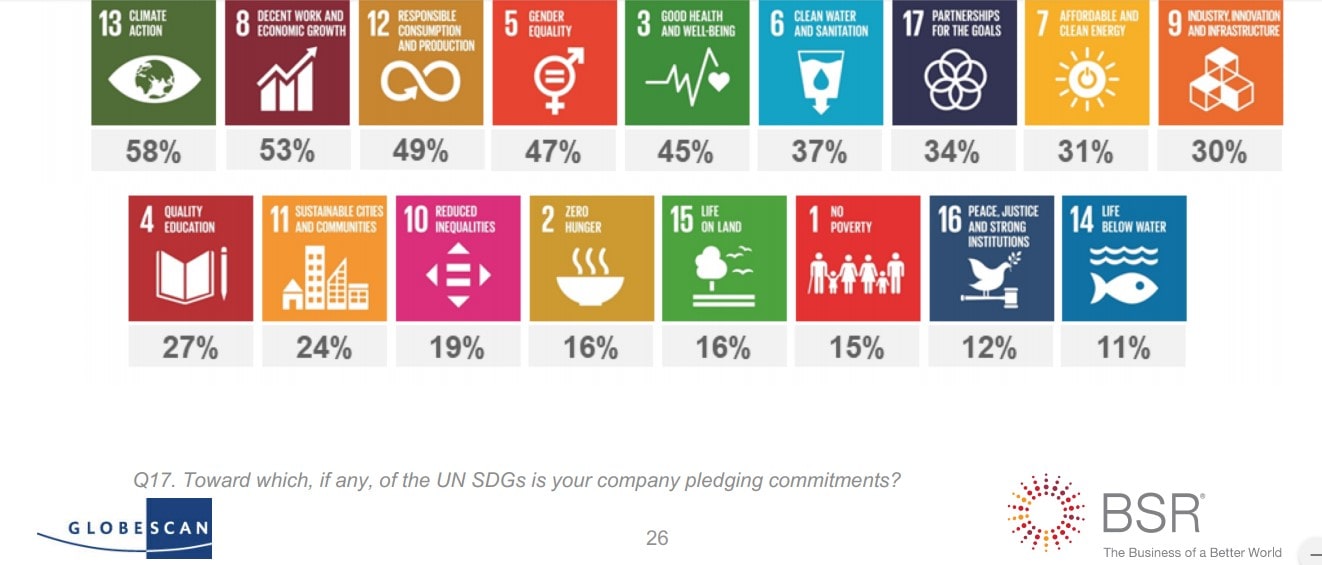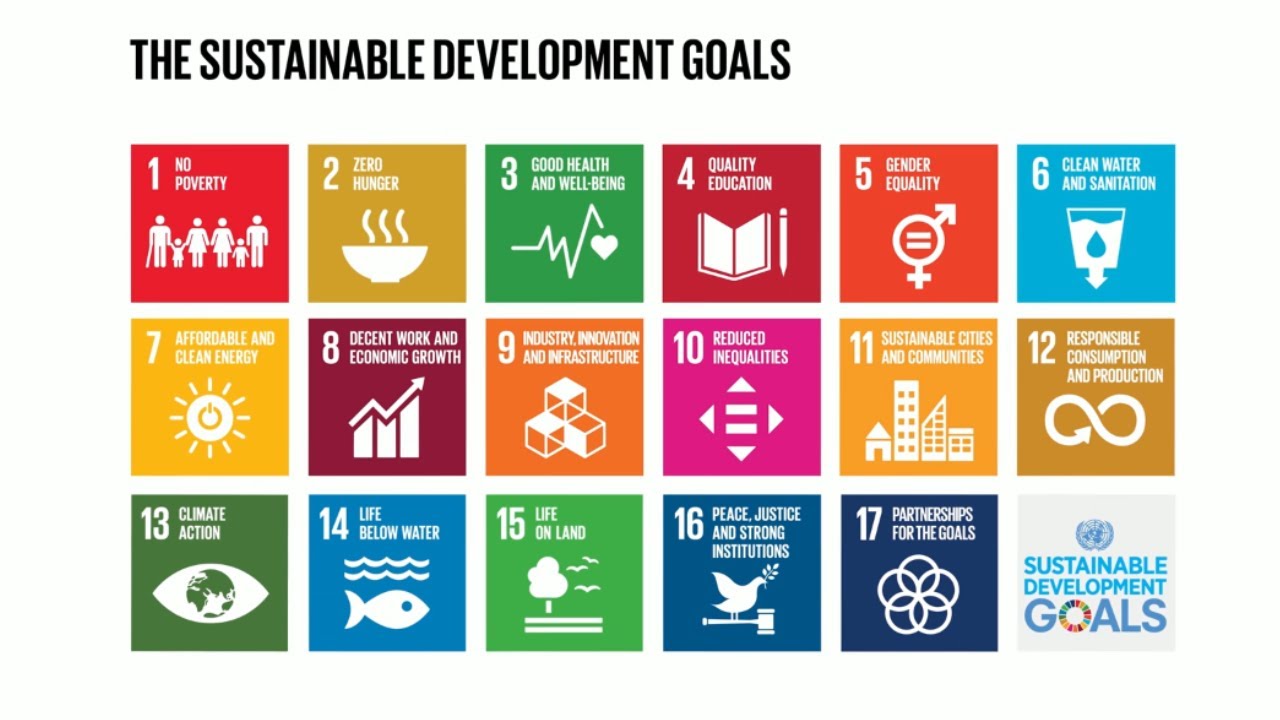Sustainability in Business Means Increased Profitability
Sustainability in business – What is it?
Our Common Future a report published by the United Nations in 1987 defines the sustainable business as “a three-legged stool of people, planet, and profit.”
It essentially means to grow your business in the long term by having a positive effect on the environment and the community.
Business sustainability is not just a fad or a buzzword in the business environment. Each and every CEO needs to become aware of the effect their company – irrespective of size and industry – is having on people and on the planet.
Making money at all costs is no longer viable.
Choosing sustainability – not really a choice, but a mandatory business development
In recent years business reports have identified several megatrends affecting our world and consequently our business environment:
- Climate change threatening supply chains and operations;
- Resource scarcity driving costs up;
- The rise of clean technology and renewable energy;
- New technology creating transparency;
- Rising expectations from customers (especially Millennials);
- Shifting regulatory landscapes and markets.
Consumers have the power
There’s a new factor which customers take into account when deciding which products to buy besides price and convenience: sustainability. They are actively looking for sustainable businesses to buy from and shunning the ones which are not.
According to Nielsen, a whopping 81% of global respondents feel strongly that companies should help improve the environment. The consumers driving this powerful trend can be found across generations but are mainly Millennials, Gen Zers and Gen Xers.
A new era of sustainability is rising, and it’s touching every corner of the world. Consumers in markets big and small are increasingly motivated to be more environmentally conscious and are exercising their power and voice through the products they buy. But why do these shifts feel so urgent? There is mounting evidence to support that in many parts of the world, sustainability has become a life and death matter.
Nielsen
Being sustainable is more profitable
Here are a few benefits of running a sustainable business:
- Decrease in operating costs;
- Improved risk management;
- Innovation drive;
- Build brand value;
- Positive reputation and brand awareness;
- Competitive advantage;
- Attract talent and retain employees.
Companies making sustainability their business
Here are 5 examples of sustainable companies and how they impact our world – people and planet:
- The shipping industry is one of the highest consumers of natural resources with cargo vessels currently consuming up to 4 tons of fuel per hour and producing a huge amount of pollutant emissions; Bound4Blue created the wingsail, an innovative solution to cut-off fuel consumption and decrease pollutant emissions;
- According to statistics, 8 million tonnes of trash end up in the oceans every year and 80% of it is plastic; Spanish fashion brand Ecoalf created the sea yarn, a new 100% recycled filament which is made of the plastic bottle collection found at the bottom of the Mediterranean Sea which is used to create high-quality fashion products;
- In 2018, the global carbon emissions grew to an all-time high with coal being now the biggest single source of global warming. Green energy sources like wind and solar power cannot cover our world’s energy needs by a long shot. That’s where Deep Branch Biotechnology steps in: to turn carbon dioxide (CO2) from a polluter to a producer;
- Founded in 2011, Auticon is the first enterprise to exclusively employ adults on the autism spectrum as IT consultants thus contributing to the decrease of autistic adults’ high rate of unemployment;
- Here’s a different way consumers control which companies get to receive their money: sustainable pensions. A sustainable pension is how Danish people ensure their future is sustainable. With the support of Matter, they invest their hard-earned money in companies producing green energy, new technologies, medicine and health care solutions. These companies have a high standard of ethics and responsible business practices.
The UN Sustainable Development Goals
It’s never too late to make your business sustainable, but if you don’t know where to start, here is my recommendation: the UN Sustainable Development Goals.
In 2015, countries adopted the 2030 Agenda for Sustainable Development which included 17 Sustainable Development Goals:
- No poverty,
- Zero Hunger,
- Good Health and Wellbeing,
- Quality Education,
- Gender Equality,
- Clean Water and Sanitation,
- Affordable and Clean Energy,
- Decent Work and Economic Growth,
- Industry, Innovation & Infrastructure,
- Reduced Inequalities,
- Sustainable Cities and Communities,
- Responsible Consumption and Production,
- Climate Action,
- Life Below Water,
- Life on Land,
- Peace, Justice & Strong Institutions,
- Partnership for the Goals.
These goals call for action by all countries, poor, rich and middle-income to promote prosperity while protecting the planet.
The State of Sustainable Business Survey by BSR provides insight into the world of sustainable business and identifies common perceptions and practices of corporate sustainability professionals.
Which SDGs do companies focus their attention on more?
Here they are:

Here are the key findings of the 2018 survey:
- Top priorities for sustainability efforts are corporate integrity, diversity and inclusion, climate change and human rights;
- Disruptive technologies, such as artificial intelligence, concern over data privacy and ownership, and disruptions to climate and energy systems are shaping future business strategies;
- Sustainability needs to be integrated into strategy;
- SDGs are driving strategy;
- Companies have limited focus on value chain impacts;
- There is a need for more cross-functional collaboration;
- There is room to improve communications.
Is your business sustainable?
Do you plan to make your business sustainable in the foreseeable future?
Join the Conversation
We’d love to hear what you have to say.
